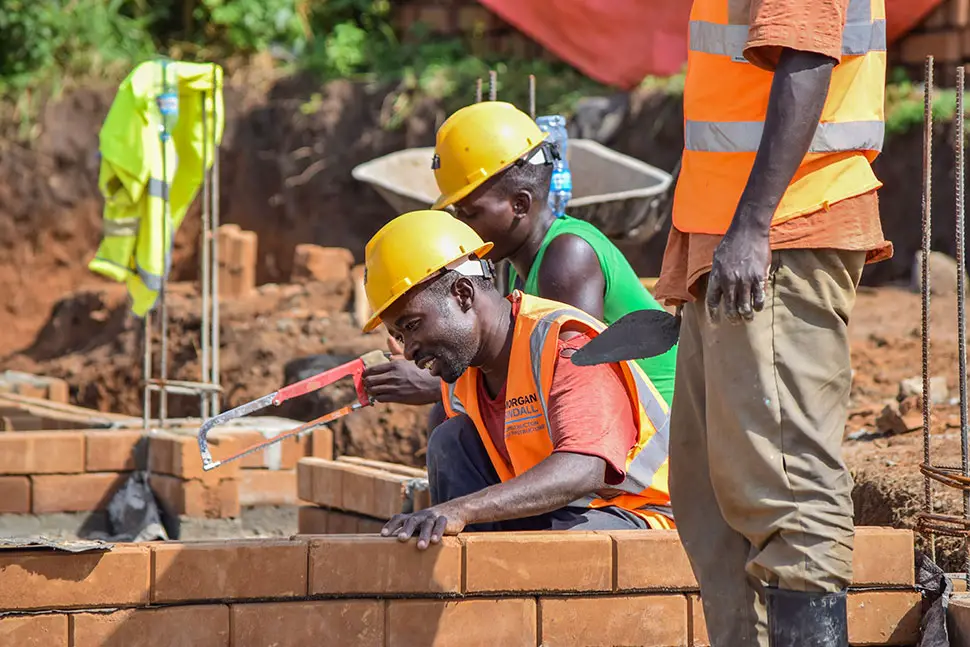Rwanda is set to commence construction works of US $1.3m maize mill after the government entered into a partnership with a farmers’ association in Nyagatare District for the development.
Nyagatare District Mayor, David Claudian Mushabe confirmed the reports and acknowledged that maize was the staple food for most residents and that the project, which will be executed under a public-private partnership.
“We are maize farmers, and our district is the top maize producer in the country. And maize here is mainly consumed as flour, not grain. Therefore, the logic behind the move is that maize flour should not be imported from Uganda or elsewhere yet we have maize and capacity to process it,” said David Claudian.
Also Read:Kenya to commission Kariokor Leather Factory in July
Mill in Rwanda
Construction works on the development has been slated to begin in June and projected to take one year to be completed. US $331,000 of the funds for the project has so far been allocated this fiscal year while the rest will be planned for the next financial year.
The maize factory with have capacity to process 30 tonnes of maize per day. Maize occupied more than 47,000 hectares in Nyagatare District – or 15% of over 296,000 hectares on which maize was grown at the national level in 2018, according to Seasonal Agricultural Survey 2018 Annual Report released in December 2018 by the National Institute of Statistics of Rwanda (NISR).
Mushabe affirmed that there was enough maize to ensure sustainable supply to the factory, adding that in case of shortage due to unforeseen factors, it could always source from nearby districts such as Gatsibo and Kayonza.
“We are maize farmers, and our district is the top maize producer in the country. And maize here is mainly consumed as flour, not grain. Therefore, the logic behind the move is that maize flour should not be imported from Uganda or elsewhere yet we have maize and capacity to process it,” said Mushabe.
